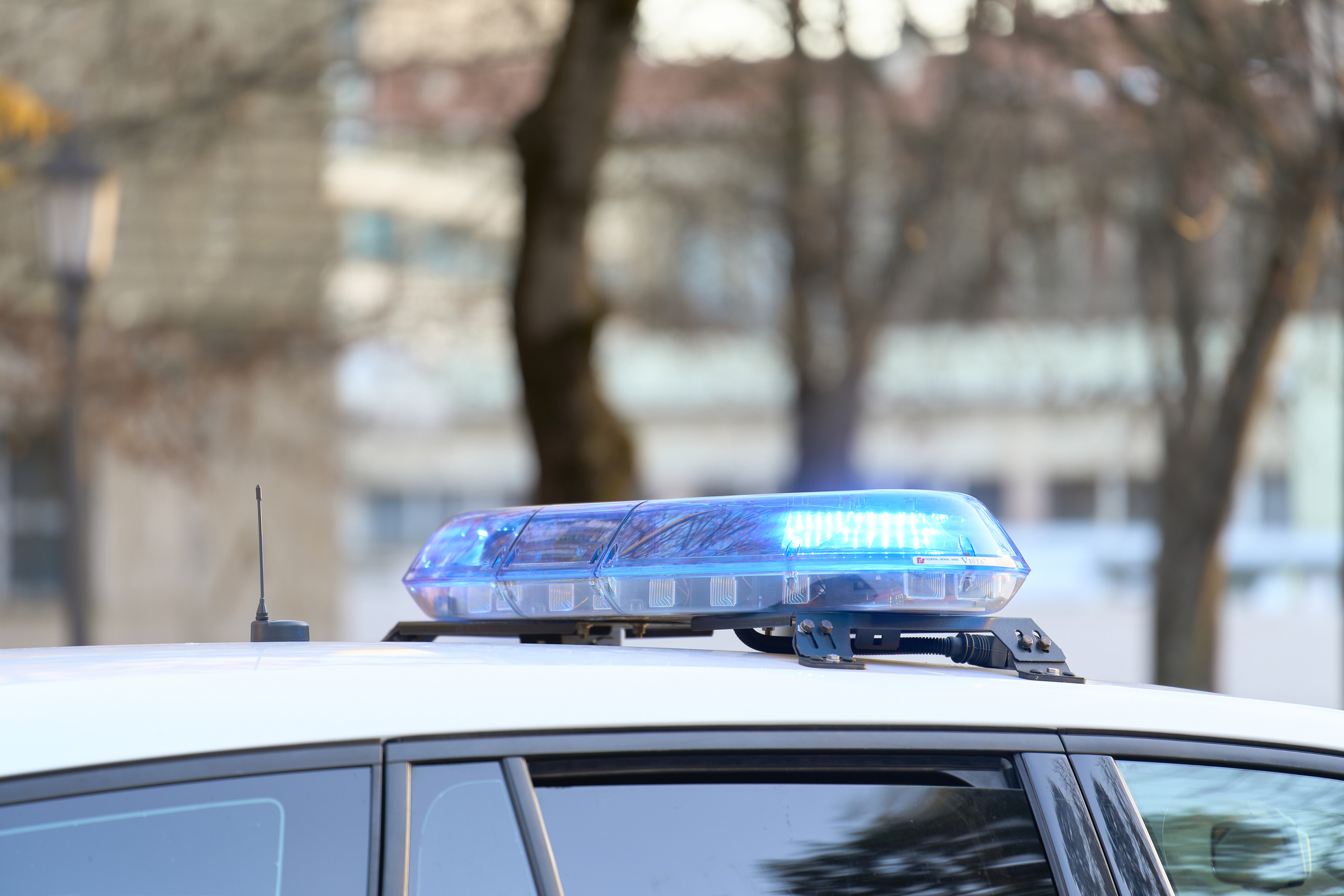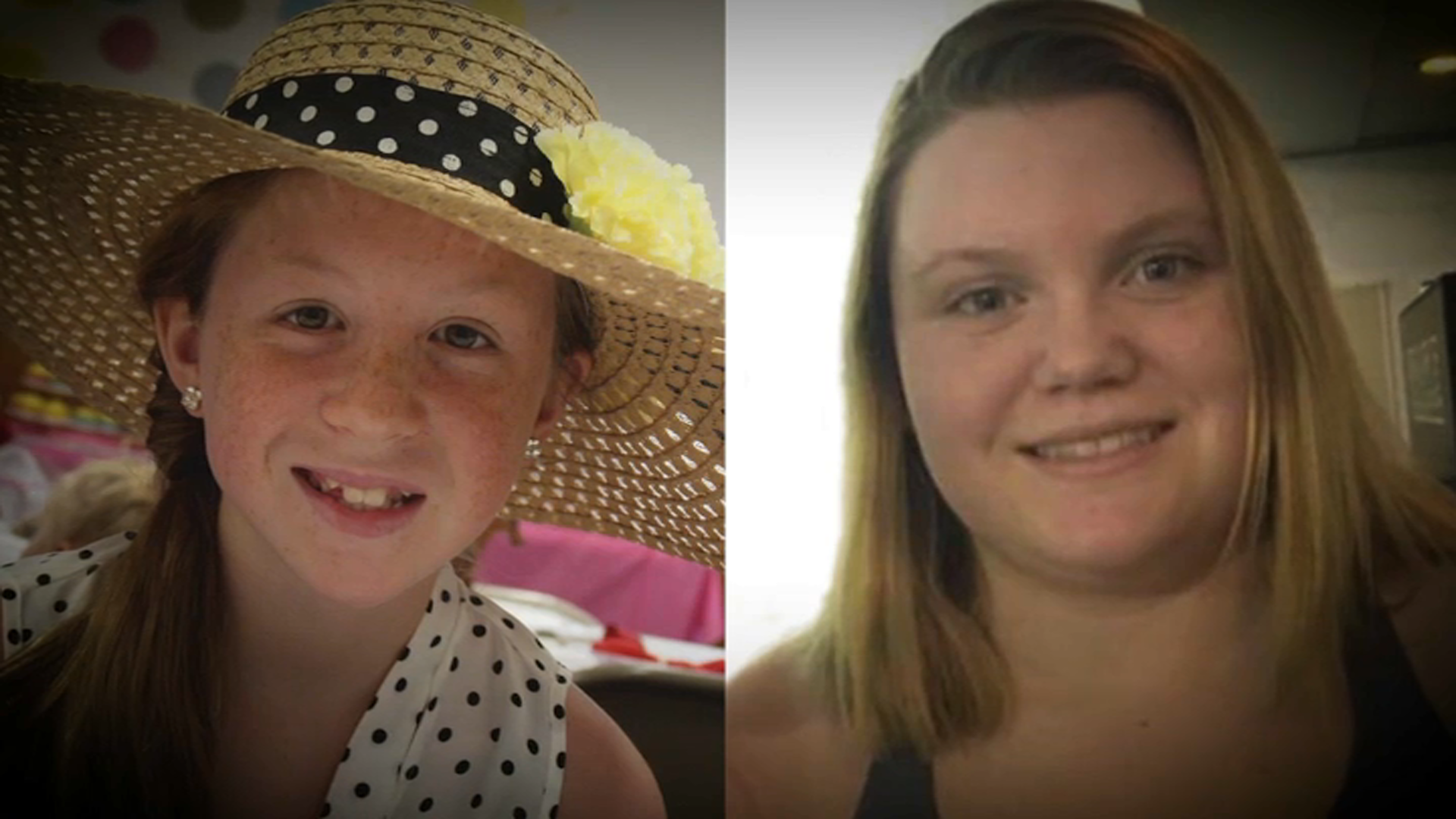A Chicago alderman says a proposal for a potentially permanent liquor sale curfew will be "dead on arrival at City Council" if the mayor doesn't pull the provision herself.
"For those concerned: there will NOT be a 10PM liquor sales moratorium in Chicago," Ald. Brendan Reilly tweeted Saturday. "That is 100% dead on arrival at City Council. Either the Mayor pulls it or we kill it."
Under the mayor's proposal, Chicago's liquor sale curfew, which was first implemented during the coronavirus pandemic, could become permanent for some businesses.
The new business relief package unveiled by the mayor Wednesday would prohibit grocery stores and convenience stores that sell packaged alcohol from making such sales between the hours of 10 p.m. and 7 a.m., though supermarkets won't be able begin selling on Sundays until 8 a.m.
Restaurants and bars, however, can continue selling into the early morning hours under the proposal.
"The late night sale of package goods liquor has been a contributing factor in public safety disturbances and has had a notable impact on the quality of life in Chicago neighborhoods," the proposed ordinance states. "The mitigation of late night sales of package goods has led to a reduction in violence and other concerning incidents."
Local
The ordinance was part of a massive 94-page "Chi Biz Strong" proposal, which aims to "provide much needed financial relief to thousands of businesses, cut red tape across numerous city processes and deliver new protections for workers and consumers," according to the mayor's office.
Among several changes, the proposal would also allow businesses to continue selling cocktails to-go, provide financial relief for certain industries, change the city's licensing and permitting process, and update the city's paid sick leave law.
Feeling out of the loop? We'll catch you up on the Chicago news you need to know. Sign up for the weekly Chicago Catch-Up newsletter.
A 9 p.m. liquor sale curfew was initially put in place for stores that sell alcohol early during the coronavirus pandemic in Chicago. That restriction was eased slightly in March, allowing sales of packaged alcohol as late as 11 p.m.
"We understood during the stay-at-home order that the city curbed liquor selling hours for packaged goods sellers to 9 p.m. because folks were not staying at home and there was some concern about hanging out loitering near liquor stores. They wanted to make sure that they clean that up and we wanted to be good partners with the city in doing that and we supported that effort," said Tanya Triche Dawood, vice president and general counsel with the Illinois Retail Merchants Association. "We, though, fully thought that our hours would be restored once the city started to reopen and people were allowed to gather. Unfortunately, that didn't happen."
Triche said groups have received mix messaging for why the curfew continued even as restrictions lifted in many parts of the city.
"The reasons for the change have varied depending on when you talk to the mayor's office," Triche said. "It's gone from, 'We don't want people to loiter' to 'People are having parties, and we want to discourage that,' to 'We're having public safety issues.' It really all sounds like a ploy to treat liquor stores, convenience stores, and some grocers that stay open late as second class citizen license holders in the city of Chicago. And we reject that and we will oppose it."
The measure was not voted on by City Council Wednesday, and Ald. James Cappleman, a sponsor of the proposal, tweeted Wednesday afternoon that the portion of the ordinance limiting liquor sales "was supposed to have already been removed."
"It will be removed before it goes for a vote," he tweeted. "The goal is to help our businesses, not hurt them."
Still, at a post-City Council press conference, Lightfoot did not acknowledge the possibility of removing that language.
"What I can tell you is that when we took some steps early on in the pandemic to peel back the time for liquor sales, we did that in response to what we were hearing from neighbors, what we were hearing from local aldermen, and what we were hearing from the police department and data around the kind of activity and calls for service that were happening around these some of these packaged goods stores," Lightfoot said. "You know, obviously we always talked to them first, and many actually recall we actually had a press conference in this very room when we announced these changes. Many embraced them. But there was a lot of anecdotal evidence from across the city, that some of these businesses, frankly, weren't being good actors and they weren't taking care of what needed to be done to protect the quality of life of people in the neighborhoods. So as I said, open to discussion and I'm confident there'll be some debate. But this didn't just drop out of the sky. We are in every single provision that's in here we're responsive to a group of folks flagging for us a range of issues that they believe that the city has a responsibility to act upon to make sure the small businesses are being taken care of and obviously we're always concerned about quality of life issues."



